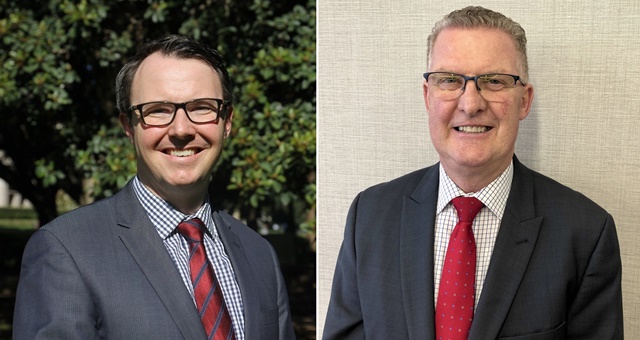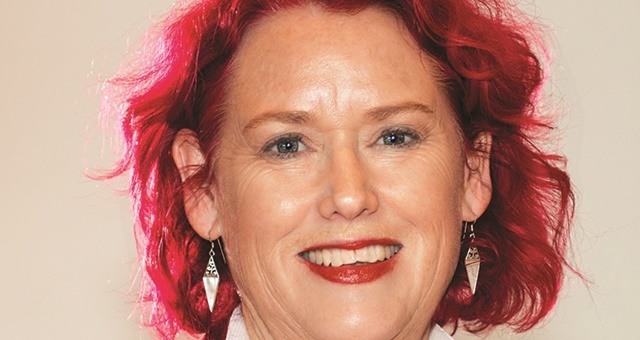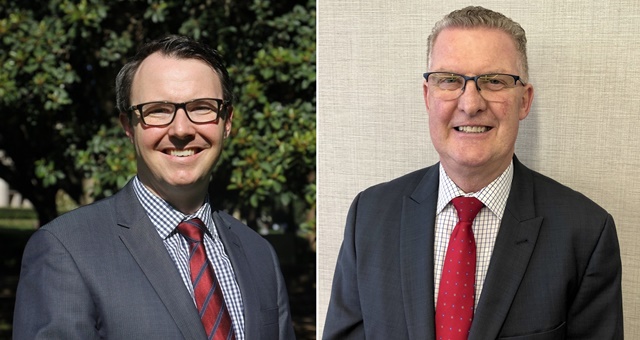
The accommodation industry’s two main lobby groups have criticised the unanimous support among local councils in Queensland to be able to introduce new taxes on accommodation in order to boost revenues.
Speaking at part of HM’s ‘The Recovery Starts Now’ webinar, sponsored by Intrust Super and Hostplus, Tourism Accommodation Australia CEO, Michael Johnson, said the crusade led by Cairns Regional Council Mayor, Bob Manning, was the last thing needed by an industry already crippled by a global pandemic.
“Trying to implement a bed tax at the moment whilst we’re on our knees is just ridiculous,” Johnson said.
The push has garnered support among 76 local Mayors throughout Queensland, with Manning now pushing the Queensland Government to allow Councils to set their own levies where they felt it was needed.

Accommodation Association CEO, Dean Long, went a step further, labelling the bed tax proposal as a direct attack on more than 50,000 people relying on the sector to survive.
In a video Q&A during HM’s webinar, Long said the proposed bed tax in Cairns would provide a paltry $15 million – barely a drop in the bucket compared to what the state brings in via local and state charges each year.
“It makes no sense to penalise an industry in Queensland that already pays state and local government $650 million per year,” Long said.
“This is not a revenue problem. This is a spending a prioritisation problem,” he added.
“We call on the Mayor in that particular council and the Mayors around Queensland – rather than find ways to pad your own nest and levy an industry against all others, how about you spend some of the $650 million we already give you.”
Meanwhile, in New Zealand, Tourism Industry Aotearoa Hotel Sector Manager, Sally Attfield, said on her side of the Tasman, hotels have been re-opening faster than expected on the back of an effective Coronavirus elimination strategy, pent-up demand for holidays and increased airlift capacity by Air New Zealand between major cities. She cited Auckland and Queenstown as two key markets, with the national carrier flying larger planes between the two in order to meet demand, currently at levels not seen in several years.
“NZ is a safe and desirable destination and we need to make sure we continue to tell that story,” Attfield said.

